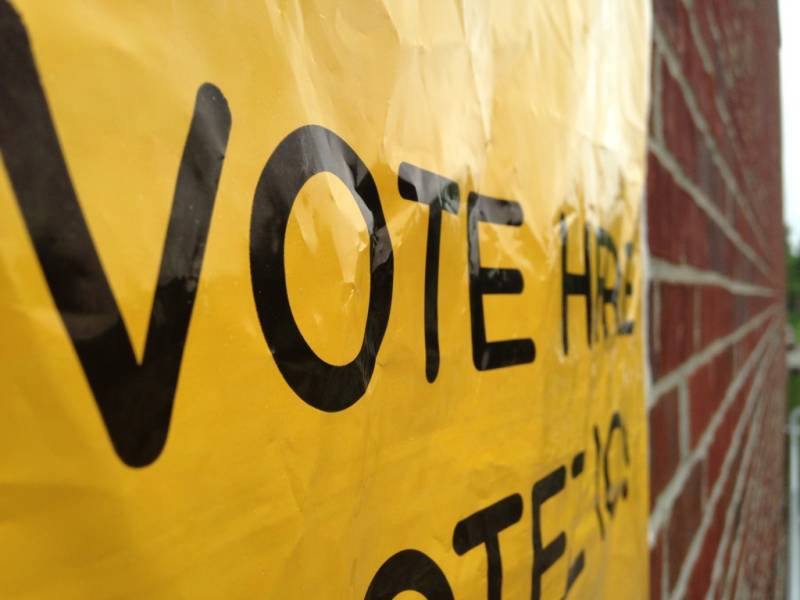Some changes could be in place the next time Chatham-Kent residents head to the polls for a Municipal Election.
The Ontario government said today they intend to introduce legislative amendments to the Municipal Elections Act that would, if passed, give municipalities the option of using ranked ballots in future municipal elections.
The Municipal Elections Act, 1996 sets out rules for electors and candidates, and roles for municipal clerks and councils in municipal and school board elections in Ontario. The Ministry of Municipal Affairs and Housing reviews the Municipal Elections Act after each Ontario municipal election to determine if it meets the needs of Ontario communities.
A public review of the Municipal Elections Act took place between May 2015 and July 2015. Through this review, the province received more than 3,400 submissions from the public, municipal councils and staff from across the province.
The proposed changes respond to the concerns heard during the review.
Ranked Ballot Voting
The proposed changes to the Municipal Elections Act would, if passed, give municipalities the authority to pass a by-law to use ranked ballot voting, beginning in the 2018 municipal elections. Ranked ballots would allow a voter to rank candidates in order of preference.
The proposed legislation would address items such as consulting with the public before a municipality decides to implement ranked ballots, how votes in a ranked ballot election would be counted, and which offices on a municipal council may be elected using ranked ballots. The framework and details for ranked ballot elections would be set out in regulation.
Election Calendar
The government is proposing to shorten the municipal election campaign period by 120 days. Candidates would be able to register between May 1 and the fourth Friday in July instead of January 1 to the second Friday in September in the year of the election. Shortening the length of the nomination period would give municipalities more time to prepare ahead of the election, should they choose to use ranked ballots. Ontario currently has the longest nomination period of any province. These changes respond to feedback heard during the review about the length of the campaign period and campaign fatigue.
Third Party Advertising
The government is proposing to introduce a framework to regulate third party advertising, which would include contribution and spending limits. Only contributors who are eligible under the act could register as a third party. Third parties would also have to identify themselves on signs and advertisements. Spending limits for third party advertising would be set out in a regulation.
Campaign Finance
The government is proposing changes to ensure that rules for municipal elections are consistent with transparent, accountable, fair and modern election finance practices. Some examples include giving all municipalities the option to ban corporate and union donations and setting clear spending limits on post-campaign spending on gifts and parties. Changes to spending limits for campaign finance would be set out in a regulation.
Compliance and Enforcement
Proposed changes to the act will help ensure the rules under the act are clearer and simpler for voters, candidates and contributors to follow. One proposed change is to encourage compliance by refunding nomination fees to candidates only if they file their financial statement by the deadline. In this way, candidates would be encouraged to file on time.
Accessibility
Proposed changes to the act would require clerks to prepare accessibility plans to identify, remove and prevent barriers that could affect electors and candidates with disabilities, and make the plan available to the public prior to voting day.
The province plans to introduce the proposed amendments now so that municipalities have the opportunity to consider ranked ballots before the 2018 municipal elections.
















